Three Poems

this is the hour of the small ear & the sea’s all a case of minds. the splotched ginkgo leaves attest nothing more than dogshat sidewalks.
Issue #5: Agency and Experience

In this issue Michael Fried, Ruth Leys, and Robert Pippin look at aspects of the relation between our agency–our actions, or emotions, our character–and our experience–of the world, of ourselves, of each other.
“Both of Us Disgusted in My Insula”: Mirror Neuron Theory and Emotional Empathy
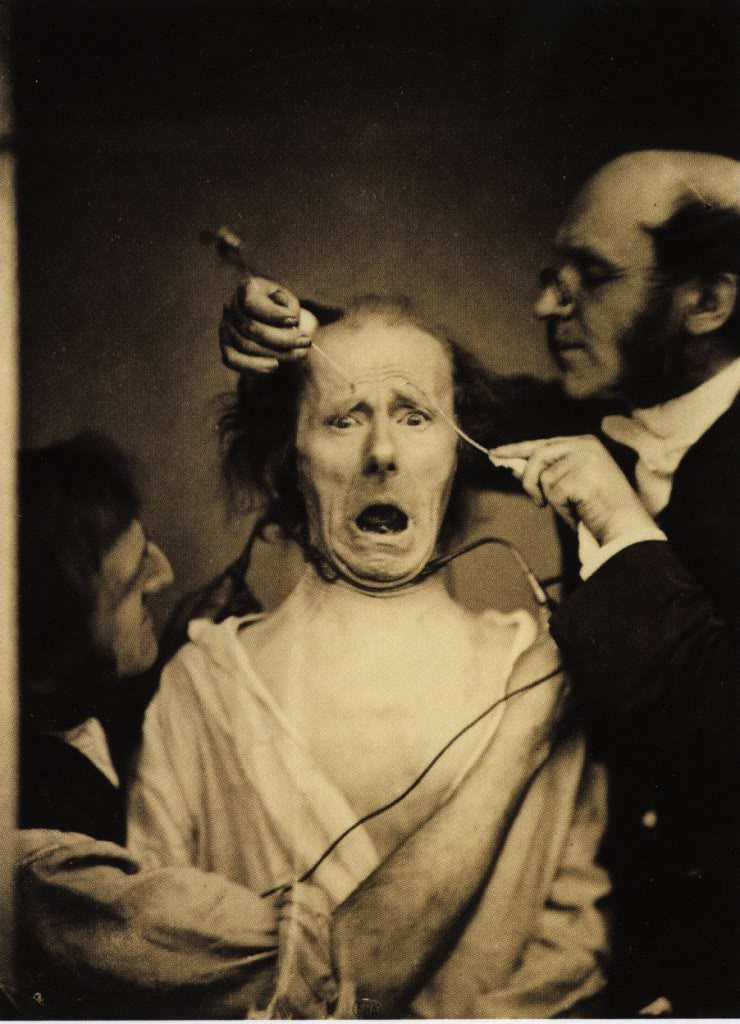
It is often said by scientists that our understanding of the neural basis of empathy is in its infancy, the suggestion being that it is only a matter of time before problems will be solved, as if the difficulties facing the research field are merely technical. But the implication of my paper is that the issues confronting empathy theorists are as much theoretical or, say, philosophical, as they are technical or scientific.
Passive and Active Skepticism in Nicholas Ray’s In a Lonely Place
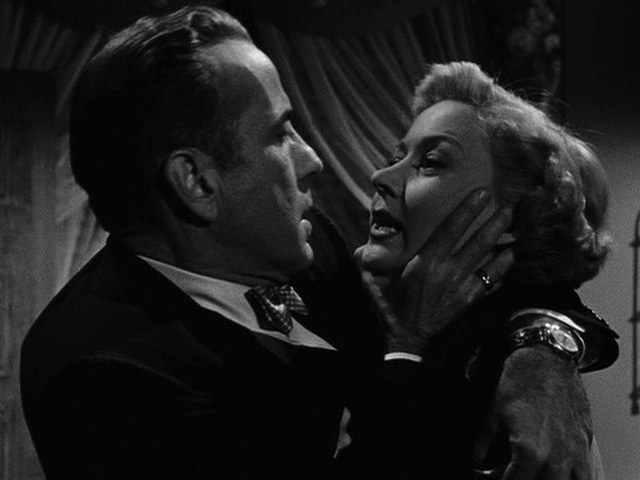
As we shall see though, once she allows the question of whether this trust and faith are justified to arise, the possibility of answering it immediately changes, as her relation to Dix just thereby changes; he notes the change, is wounded, he changes, and then, and only then, does he begin to evince what could be, and are taken to be, indications that he really is “capable of murder.”
Sala with Schiller: World, Form, and Play in Mixed Behavior
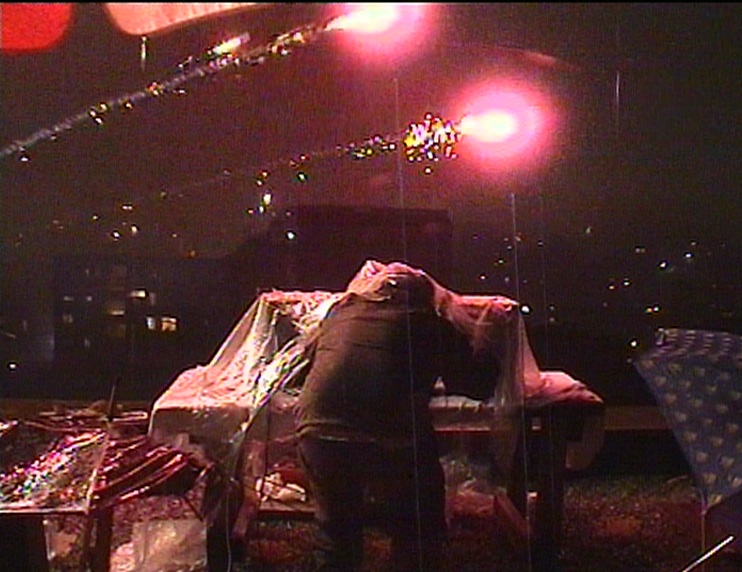
In other words, following some difficult sentences on contingency, the play drive will “introduce form into matter and reality into form. To the extent that it deprives feelings and passions of their dynamic power, it will bring them into harmony with the ideas of reason; and to the extent that it deprives the laws of reason of their moral compulsion, it will reconcile them with the interests of the senses.”
Different Facets of Analytic Cubism
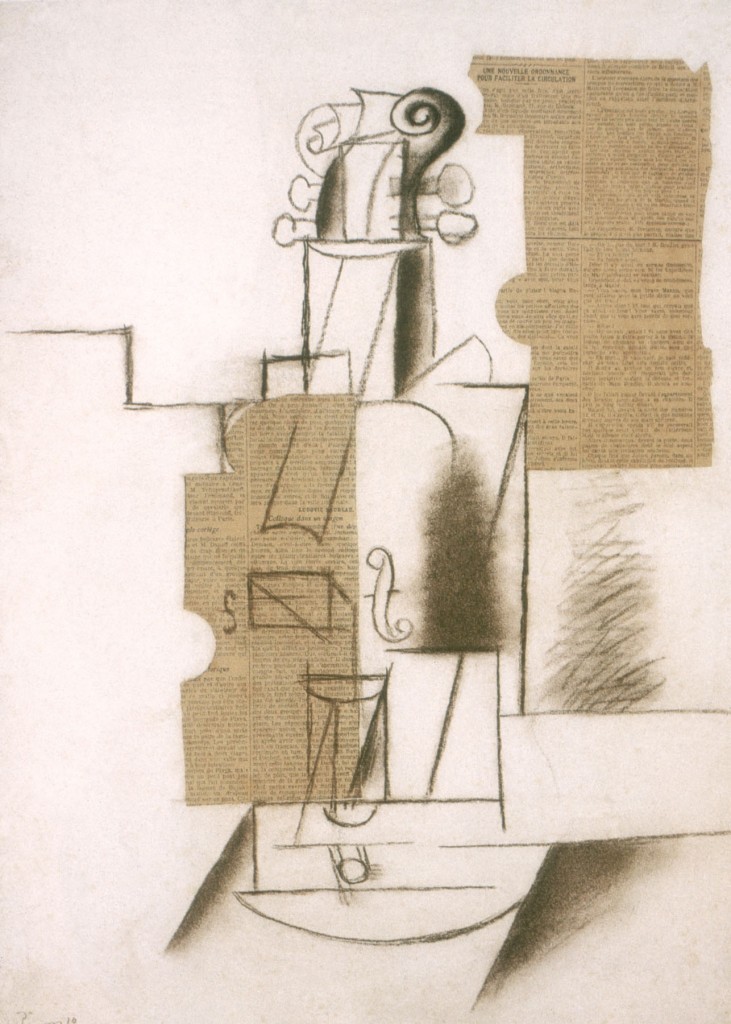
The works’ achievement—“triumph,” we might even say—resides precisely in their ability to make both things simultaneously apparent. Admission or acknowledgement alone would have amounted to mere acceptance, resulting in something simply, flatly decorative, and detached from any engagement with the world. Conversely, antipathy or avoidance on its own would have been tantamount to a denial of how much painting (and the world around it) had changed in the first decade or so of the twentieth century. It is finally this doubledness, I would argue—the works’ acknowledgement of loss and their stubborn refusal to be reconciled to it—that makes them the compelling, occasionally haunting, images they are.
Picasso and the Vital Order

We see two figures, entwined. What appears to be a woman, at left—tall and hulking, her right, striped pant leg forcefully set down—puts her arms around a smaller figure at right, probably a man, who responds with a kiss. Perhaps the kiss is joyous, enough to have the man raise what looks like his left foot, a kick in ecstasy. But something else is apparent.
The Aesthetic Politics of Affect
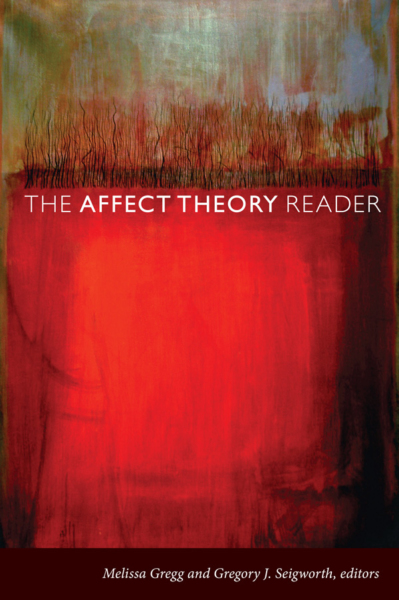
Affects are, Berlant insists, “radically private, and pretty uncoded,” and like the fetishized commodity, they make their dazzling appearance with the labor behind them obscured. These private experiences are in fact beyond analysis—an affect, after all, “is just a fact.”
Issue #5: Agency and Experience
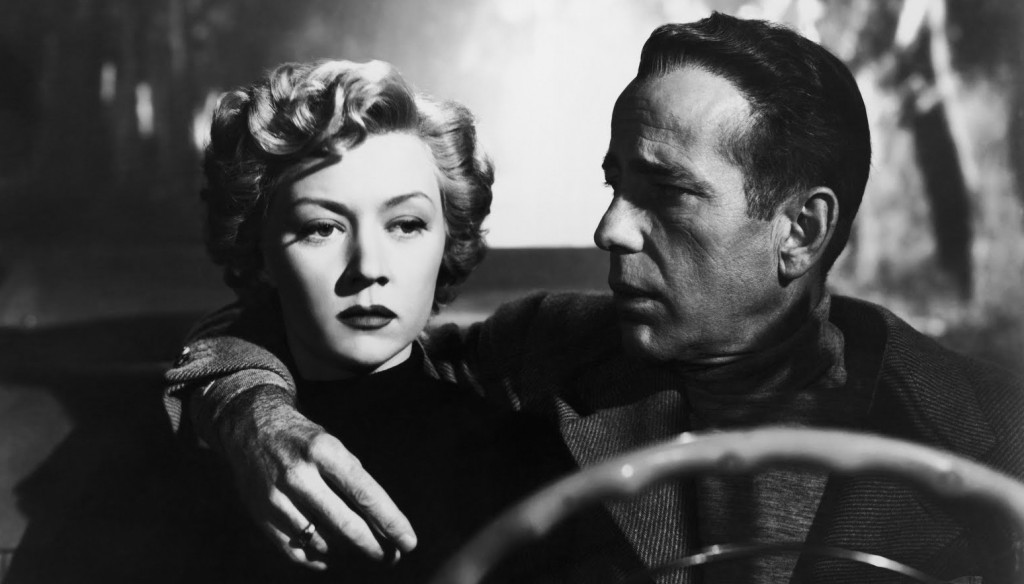
In this issue Michael Fried, Ruth Leys, and Robert Pippin look at aspects of the relation between our agency–our actions, or emotions, our character–and our experience–of the world, of ourselves, of each other.
Two special features consider writing on cubism–Kevin Chua on Christopher Green and Lisa Florman on Clement Greenberg, Rosalind Krauss, Yve-Alain Bois, and T.J. Clark.
Meaning and Affect: Phil Chang’s Cache, Active

What I’ve been calling the work’s performance is nothing other than the causal account of its production, the kind of account you can give for any work of art. The difference is just that Chang has folded the process through which the work was produced into the experience of seeing it. This is a difference that matters.
